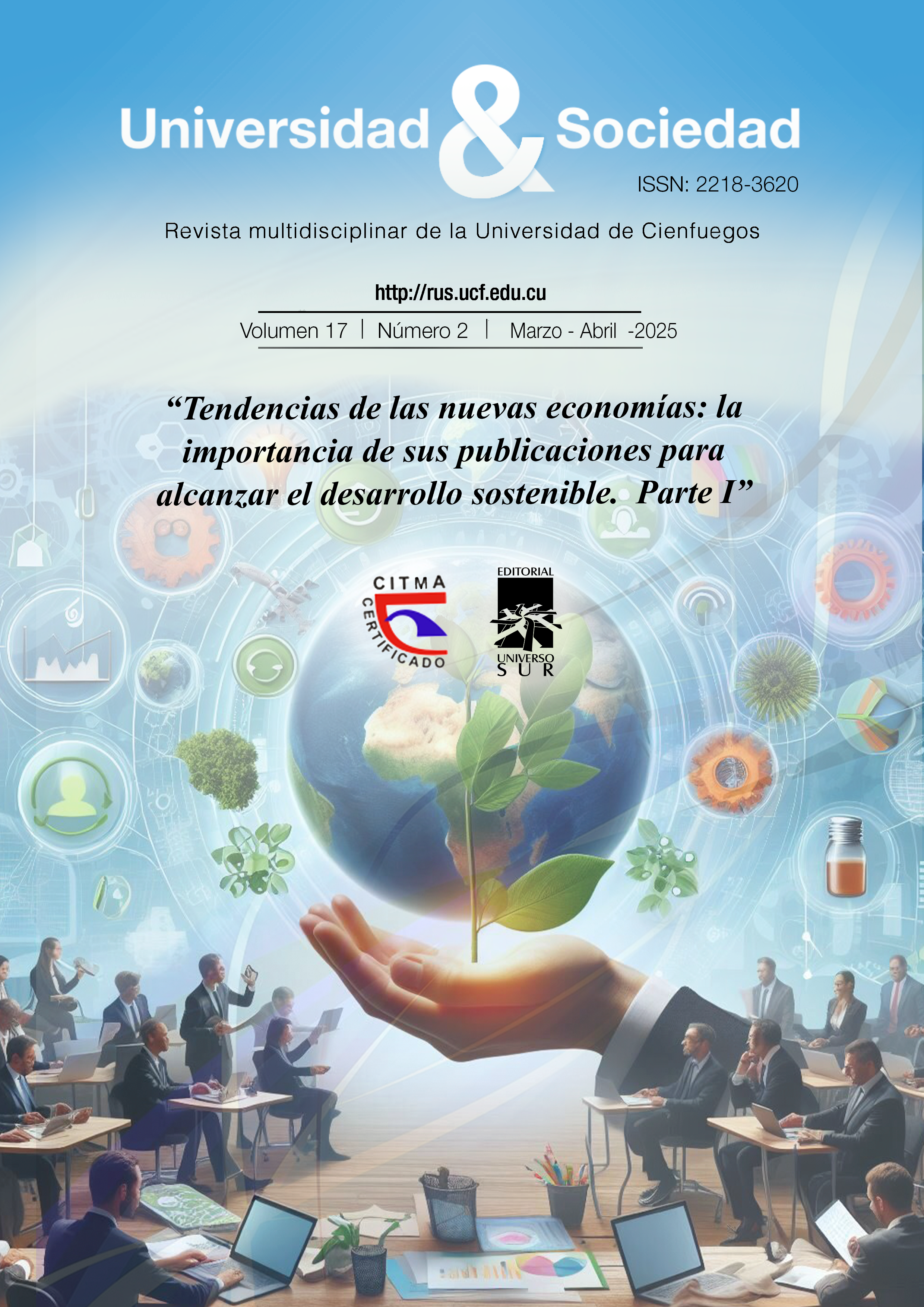Ecological upbringing and its main directions
Keywords:
Ecological education, Climate changes, Human-nature, Ecological consciousnessAbstract
Achieving harmony in human-nature relations is one of the most important tasks in the conditions of ecological catastrophes, climate changes and ecological crises, which are the realities of the modern era. In this direction, environmental education is one of the main tasks that states should continuously carry out, regardless of space and time, opportunity and impossibility, and political regime. Environmental problems caused by globalization and technological development dictate the need for people to be more sensitive to nature and its protection. In this context, environmental education can make an important contribution to the formation of future generations as more responsible individuals who treat nature with respect and reverence. In this article, the importance of environmental education, ways and means of its formation have been investigated. It is highlighted the need to implement an educational approach that not only combines theoretical knowledge with practical skills, but also involves multiple social actors. The importance of adapting environmental education to specific cultural contexts is emphasized, as well as identifying critical challenges in implementation. The implications of this study suggest that, in order to build a sustainable future, it is essential to prioritize environmental education as a transversal component at all educational levels. Ultimately, we believe that robust environmental education can empower individuals and communities to proactively address environmental challenges and contribute significantly to global sustainability.
Downloads
Published
How to Cite
Issue
Section
License
Copyright (c) 2025 Editorial "Universo Sur"

This work is licensed under a Creative Commons Attribution-NonCommercial-NoDerivatives 4.0 International License.
"Universo Sur", the publishing house of the University of Cienfuegos, publishes the Universidad y Sociedad Journal under the Creative Commons Attribution-NonCommercial-NoDerivatives 4.0 International License (CC BY-NC-ND 4.0).
You may share the material for non-commercial purposes, provided that you:
-
Give appropriate credit (authors, journal, article link, and link to this license).
-
Do not create derivative works.
-
Indicate if changes were made.
Authors retain copyright.
Full license text: https://creativecommons.org/licenses/by-nc-nd/4.0/










